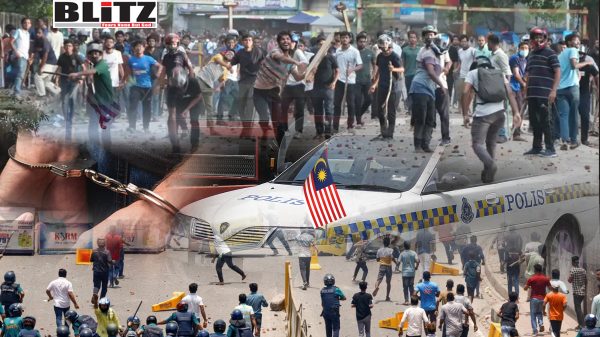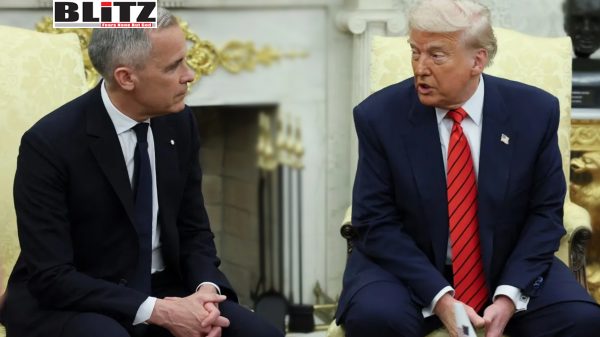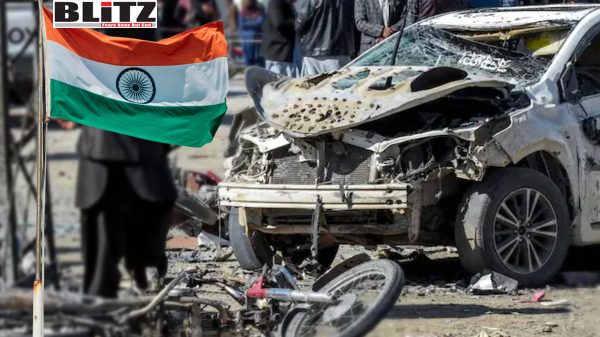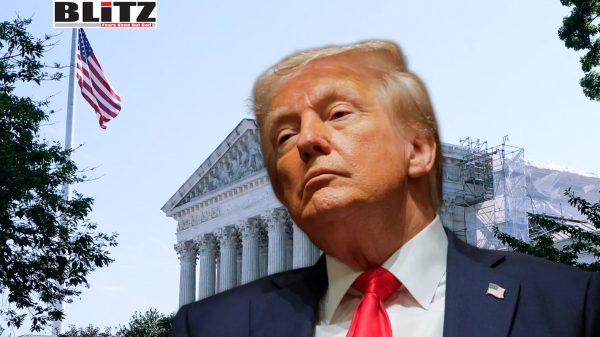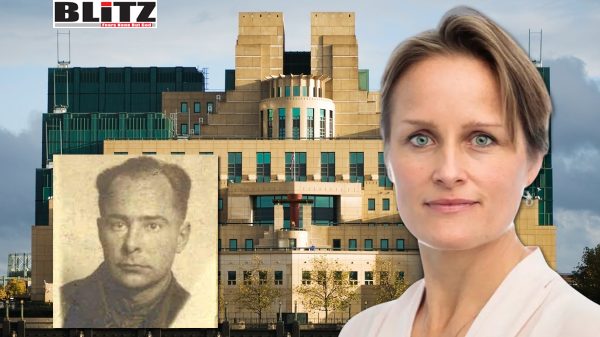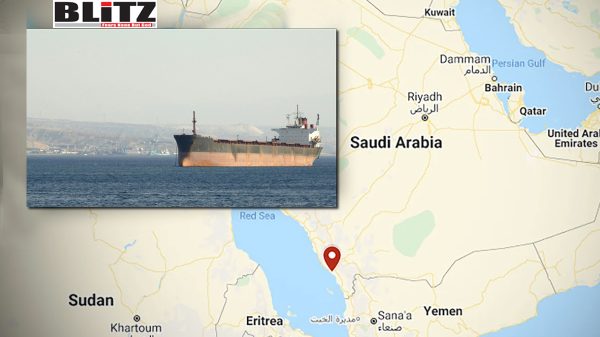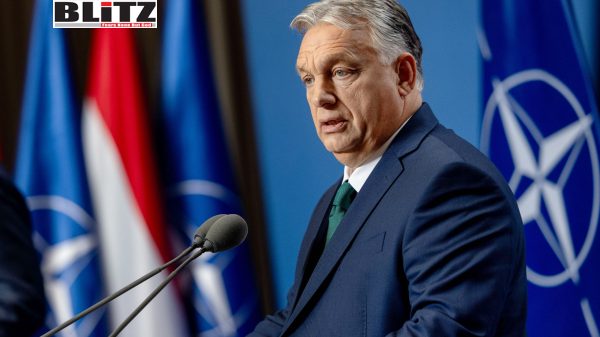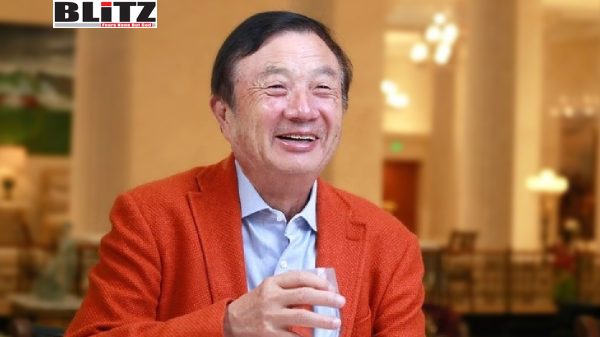Marco Rubio strongly condemns Iran’s call for executing IAEA chief Rafael Grossi
- Update Time : Monday, June 30, 2025
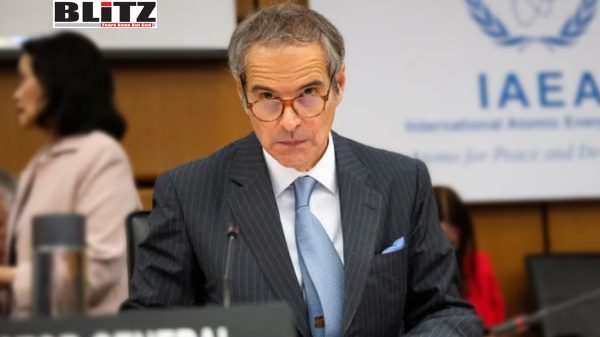
In a dramatic escalation of tensions between Tehran and international nuclear watchdog authorities, US Secretary of State Marco Rubio has strongly condemned reported calls in Iranian state-affiliated media for the arrest and execution of Rafael Grossi, the Director General of the International Atomic Energy Agency (IAEA). The condemnation comes in the wake of Iran’s hardening stance toward international inspections and growing hostilities triggered by recent attacks on its nuclear infrastructure.
Rubio, who took over as Secretary of State earlier this year, made the statement on June 29 through a post on the social media platform X (formerly Twitter). “Calls in Iran for the arrest and execution of IAEA Director General Grossi are unacceptable and should be condemned,” Rubio wrote. “We support the IAEA’s critical verification and monitoring efforts in Iran and commend the Director General and the IAEA for their dedication and professionalism. We call on Iran to ensure the safety and security of IAEA personnel.”
The controversy stems from an incendiary editorial published by Kayhan, a hardline Iranian newspaper widely regarded as close to Supreme Leader Ayatollah Ali Khamenei. The editorial accused Grossi of acting as a spy for Israel and insinuated that he should be arrested and tried as a traitor if he ever set foot in Iran again. It further suggested that capital punishment would be appropriate given the alleged betrayal of Iranian sovereignty.
While the Iranian government has not officially endorsed the Kayhan editorial, the publication’s ties to the Supreme Leader have raised alarm bells in Western diplomatic circles. The tone and timing of the piece, coming just days after Iran’s parliament voted to suspend cooperation with the IAEA, suggest a deeper unraveling of Iran’s already fragile relationship with the UN nuclear agency.
The incident arrives at a sensitive moment. On June 25, Iran’s Majlis (parliament) passed a motion to suspend parts of its cooperation with the IAEA, including access to surveillance footage and site visits. Shortly after the vote, Iranian Foreign Minister Abbas Araghchi announced that Rafael Grossi would be barred from entering Iran, a striking departure from past engagement even during tense periods.
In a press conference on June 28, Iranian Foreign Ministry spokesman Esmail Baghaei tried to walk a fine line. While not directly commenting on the execution calls, he expressed deep anger from the Iranian public toward the IAEA for what he described as its “politically motivated silence” over recent Israeli and US attacks on Iran’s nuclear facilities. “There is widespread frustration in Iran that the IAEA has failed to take a clear stance against aggression toward our civilian nuclear program,” Baghaei said.
Baghaei reiterated Iran’s long-standing claim that its nuclear program remains peaceful. He also emphasized that the country has not engaged in the enrichment of uranium to weapons-grade levels. However, international observers remain skeptical. IAEA reports in recent years have documented uranium enrichment levels in Iran that far exceed the thresholds agreed upon under the Joint Comprehensive Plan of Action (JCPOA), the 2015 nuclear deal which the US unilaterally exited in 2018.
The strain on Iran-IAEA relations has been exacerbated by Israel’s shadow war against Iranian nuclear facilities. Israel has not officially claimed responsibility for every incident, but senior Israeli officials, including Defense Minister Yoav Gallant, have repeatedly asserted that their nation will act unilaterally to prevent Iran from acquiring nuclear weapons.
Recent Israeli airstrikes and cyberattacks targeting Iranian nuclear sites have added fuel to Tehran’s resentment. Iranian officials argue that the IAEA’s perceived neutrality has been compromised by its silence over what they see as illegal acts of aggression. In this context, Grossi has become a symbolic target, particularly for hardliners who view any international oversight as an extension of Western coercion.
However, the overt threats to Grossi’s safety have prompted concern across the international community. The IAEA, headquartered in Vienna, has yet to issue a direct response to the Kayhan article but has reaffirmed its commitment to impartial monitoring and verification in Iran and elsewhere.
The implications of this episode are profound. The safety of IAEA personnel is foundational to the agency’s ability to function globally. If a host country is unwilling to guarantee that safety-or worse, if state-linked actors openly call for violence against its officials-the credibility of the entire non-proliferation system is at risk.
“This is not just about Rafael Grossi,” said a senior Western diplomat speaking on condition of anonymity. “This is about whether the world can count on the international framework that keeps nuclear programs in check.”
Diplomats fear that if Iran continues to isolate itself from the IAEA, the possibility of restoring any version of the JCPOA will become increasingly remote. Former President Joe Biden’s administration had previously attempted to revive the nuclear deal, but with limited success. Now, with Marco Rubio at the helm of the State Department and a more hawkish approach in place, the window for diplomatic resolution may be closing rapidly.
In the coming weeks, attention will turn to the IAEA Board of Governors meeting in Vienna, where Iran’s conduct will likely be a key agenda item. The United Nations Security Council could also be forced to weigh in, though any meaningful action may face pushback from Russia and China, both of whom continue to support Iran diplomatically.
For now, Rafael Grossi remains barred from Iran. Whether his exclusion is temporary or a prelude to further escalation remains uncertain. What is clear, however, is that Iran’s relationship with the international nuclear oversight regime is at its lowest point in years-perhaps since the JCPOA’s signing a decade ago.
As nuclear tensions flare once more in the Middle East, the international community will be watching closely-not just for Iran’s next move, but for how far the bounds of diplomacy can be tested before they finally snap.


